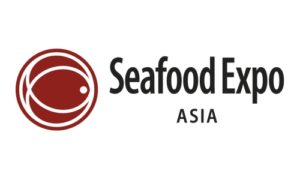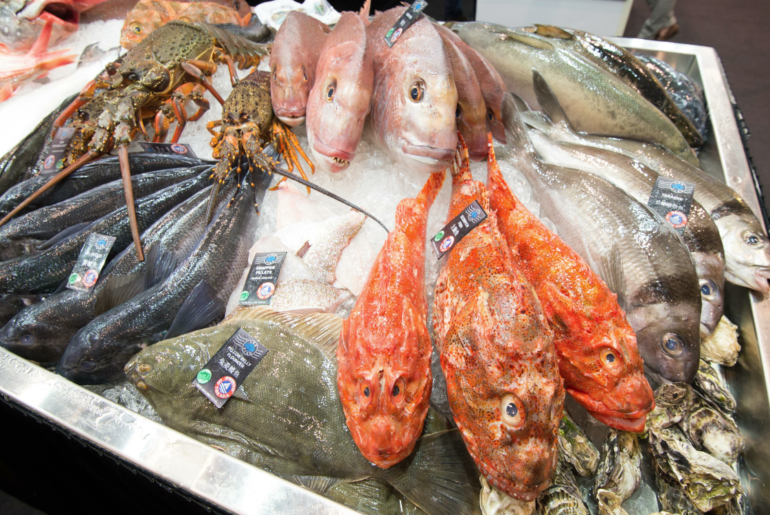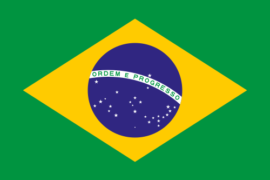By John Saulnier, FFB Editorial Director
Ongoing political protests punctuated by social unrest in Hong Kong have prompted the organizer of Seafood Expo Asia to cancel the 10th edition of the annual event, which was set to take place at the Convention and Exhibition Center in the Wan Chai commercial district from September 3-5. The announcement was made by Diversified Group Vice President Liz Plizga on August 20, just two weeks before the show’s scheduled kickoff.

“We are committed to delivering an event that best reflects the interest of the seafood industry,” she said. “This decision was exceptionally difficult and one that we did not take lightly. There was enough information to indicate that these events would continue with potential impacts on travel and logistics. Our goal is to deliver a valuable and safe environment that’s conducive to business. At the end of the day, we made the final decision with our customers’ best interest in mind.”
Millions of protesters have taken to the streets in recent weeks and months to demand greater democracy in the Special Administrative Region (SAR) of the People’s Republic of China, situated on the eastern side of the Pearl River estuary. The alpha city is a major financial hub and the Asian headquarters of many multinational companies. Rail and air travel has been impeded a number of times, scuffles have broken out and tear gas has been dispersed by police during crowd control actions.
According to a report in the Guardian newspaper, an estimated 1.7 million people, or approximately a quarter of Hong Kong’s population, defied orders from authorities last weekend “to stage a peaceful march after a rally in a downtown park, after two months of increasingly violent clashes that have prompted severe warnings from Beijing and failure to win concessions from the city’s government.”
The political crisis flared up in June when a number of peaceful demonstrations took place to oppose a since suspended bill that would have permitted extradition of suspected criminals to mainland China to stand trial. This upset many residents of Hong Kong, who believed they were promised “one country/two systems” semi-autonomous status for 50 years when the former British Crown Colony reverted to Chinese sovereignty in 1997.
In the midst of today’s tense environment, Diversified Communications executives concluded that the show simply could not go on. Indeed, as stated by Plizga, the decision was not made lightly. To the best of this writer’s recollection, it marks the first time in almost 40 years of running seafood exhibitions around the world that Diversified has pulled the plug on a major event. Neither torrential rain, sleet snowstorms or blizzards ever stopped the annual Boston Seafood Show, nor did deadly terrorist suicide bombings in Brussels less than a month prior to the European Seafood Exposition prevent the 2016 edition of the fair from taking place.
While Seafood Expo in Hong Kong is much smaller in scope that their counterparts in Belgium and the United States, it has evolved over the past decade to become a significant showcase for value-added frozen seafood and other fishery products, equipment and services provided by leading Asia-Pacific and global suppliers. More than 200 exhibiting companies from over 30 were expected to show their stuff to visitors from 70 or more countries in early September.
In less than two months, however, many of them will be among over 1,500 exhibitors occupying more than 45,000 square meters of space at a much bigger venue in mainland China, as the next major seafood fair in Asia – and by most accounts the largest in the world – will take place from October 30-November 1 in Qingdao. The 24th Annual China Fisheries & Seafood Show is organized as a joint venture between the China Council for the Promotion of International Trade Unit (CCPIT-SSA) and Seattle, Washington-based Sea Fare Expositions. Chances of protesters disrupting this event are pretty much next to nil.





